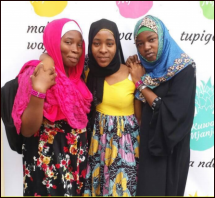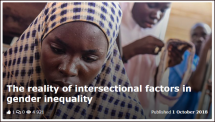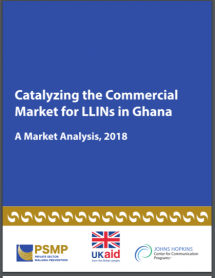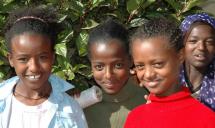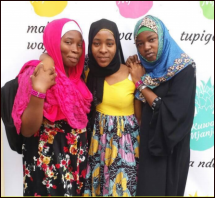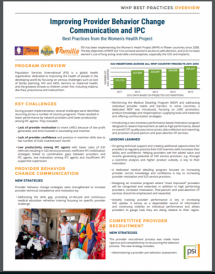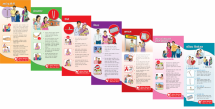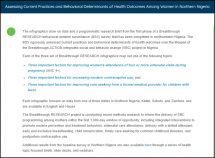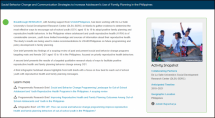Kuwa Mjanja Project, Tanzania
Kuwa Mjanja (“Be Smart”) is a girl-powered call to action that seeks to reframe the narrative about girls, and contraception, in Tanzania. It delivers entrepreneurial skills and contraceptive counseling sessions— tailored to and branded for the unique needs of the girls we serve. Across disciplines and in partnership with girls, Kuwa Mjanja supports girls aged 15-19 to explore the role contraception plays in helping them achieve their life dreams, today. The project is managed by FHI360.
As a brand, Kuwa Mjanja is a living embodiment of respect, fun and youthfulness. Girls redefined “Kuwa Mjanja” (Be Smart). The traditional Swahili phrase was used as a euphemism for”being clean” (in reference to menstrual hygiene) and “staying away from boys.” Blending delightful branding with a redefined message, Kuwa Mjanja is disrupting the status quo, with girls driving ship.
Source: FHI360
Date of Publication: July 19, 2021
SIMILIAR RESOURCES
Tools
Examples
- Hormonal Contraceptive Eligibility for Women at High Risk of HIV: Guidance Statement
- Guide de Formation Conseil Dépistage du VIH au niveau Communautaire: manuel à l'intention du personnel non médical
- Reaching First-Time Parents and Young Married Women for Healthy Timing and Spacing of Pregnancies in Burkina Faso
- Accelerator Behaviors
- The ECHO Study Report
- HIV and Sexual and Reproductive Health Programming: Innovative Approaches to Integrated Service Delivery
- Lever les Tabous: La sexualité et les approches promouvant l’égalité des genres pour mettre fin aux unions et aux mariages d’enfants, précoces et forcés
- Voluntary Medical Male Circumcision In-Service Communication Best Practices Guide
- Transforming the Private Sector to Support Universal Malaria Diagnostic Coverage
- Preventing HIV and Unintended Pregnancies: Strategic Framework 2011 - 2015

